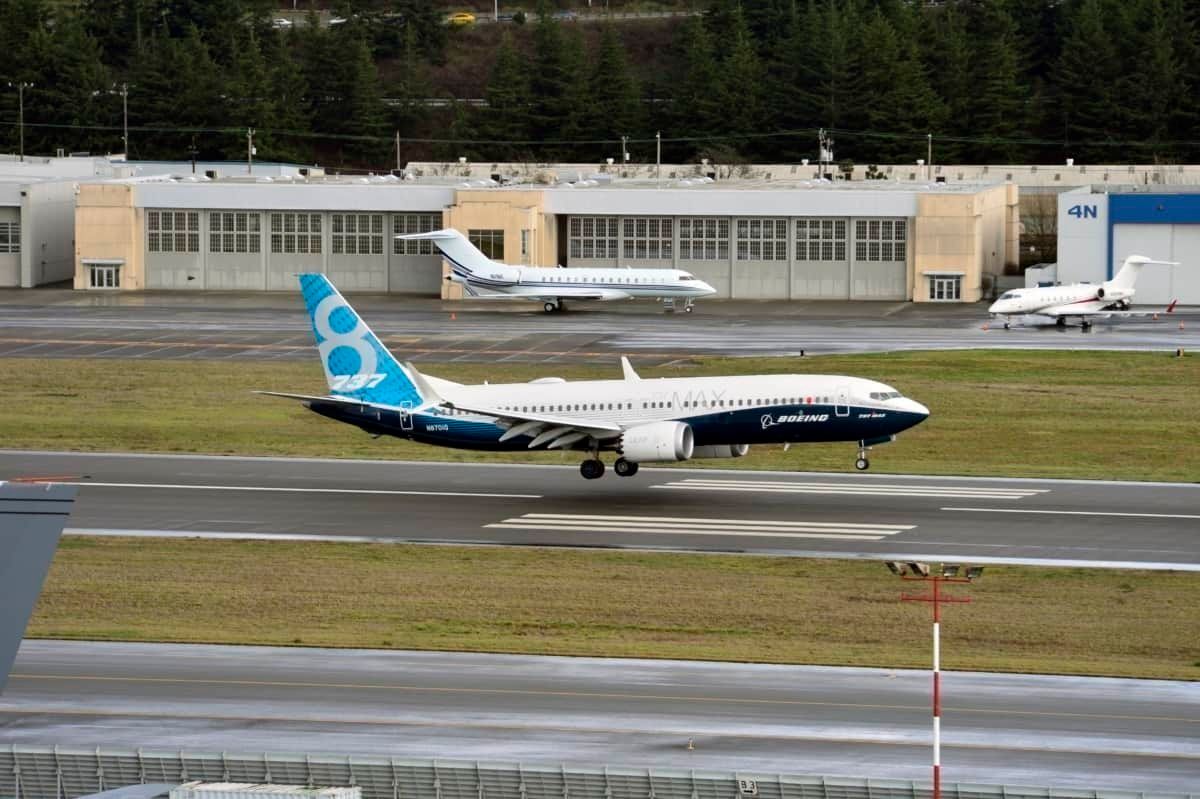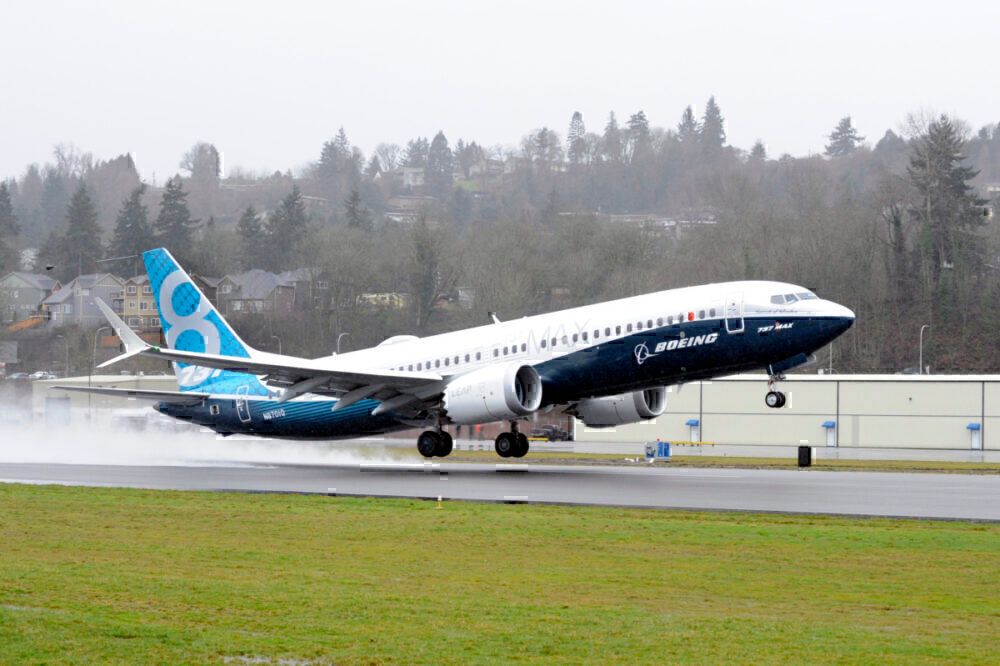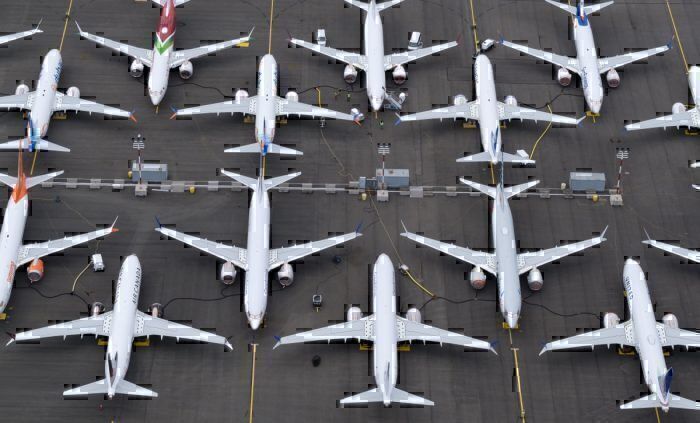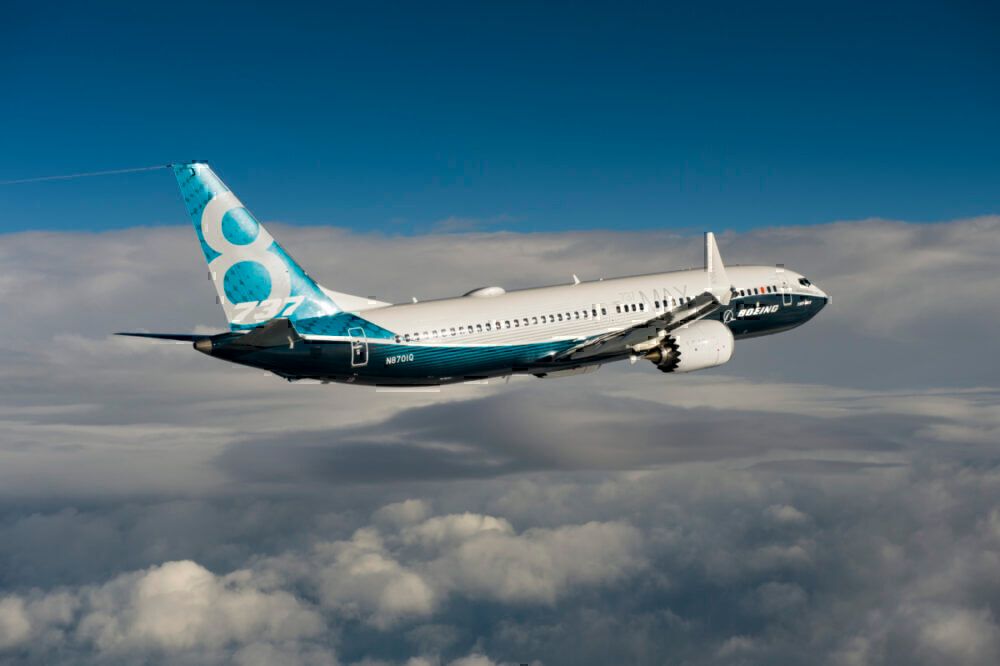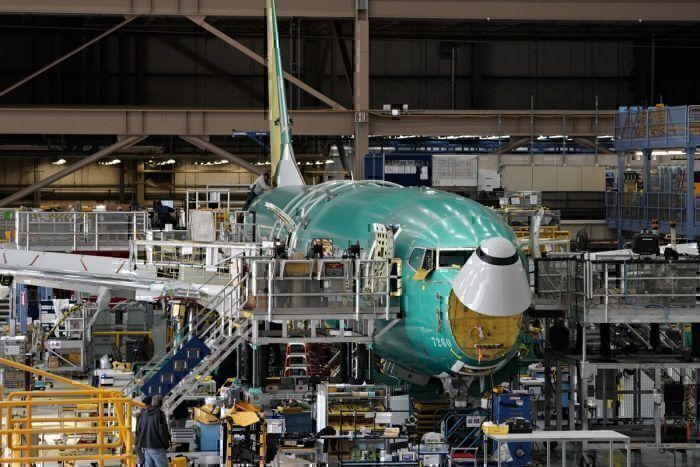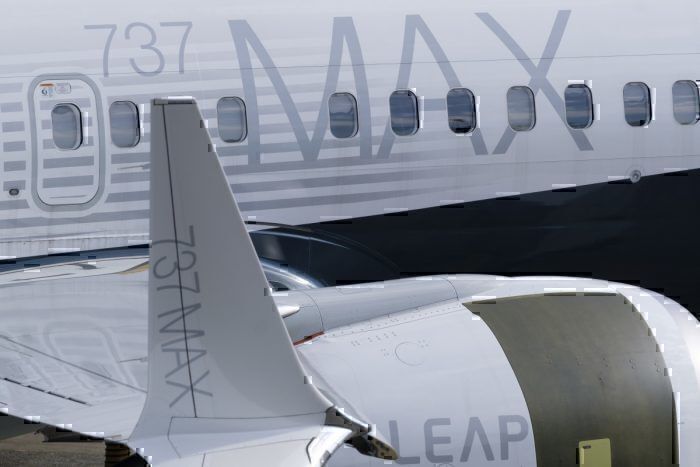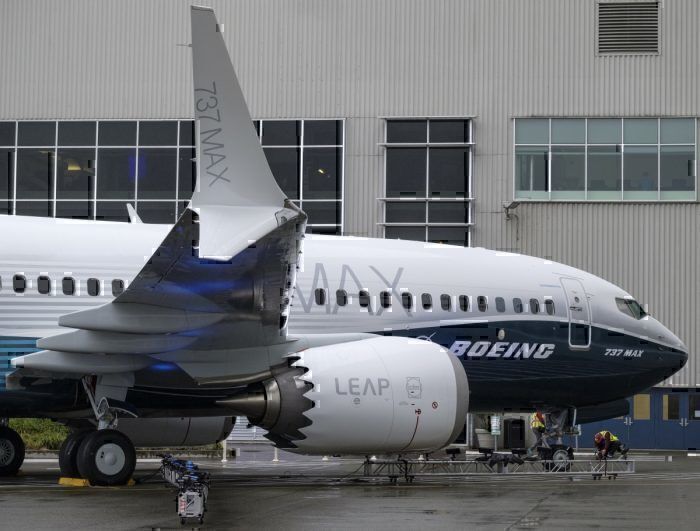A Department of Transportation (DOT) Inspector General (IG) report released on July 1st has thoroughly recounted the entire 737 MAX saga. One of the key findings in the report was that errors and faults occurred both at Boeing and the Federal Aviation Administration (FAA) during the certification process of the aircraft leading up to the global grounding of the type.
Boeing did not release information on MCAS
The IG report indicated plenty of faults at Boeing as part of the ongoing certification process. In particular, the manufacturer did not discuss the Maneuvring Characteristics Augmentation System (MCAS), which has quickly become the main focus of the 737 MAX grounding and crash investigations.
In particular, the IG report noted that Boeing did not believe the system was new. MCAS had already been covered under existing regulations, per the manufacturer, and was included on Boeing 767 refueling tankers that fly for the military. The problem, however, was that the 737 MAX MCAS only relied on input from one angle of attack (AOA) sensor while the 767 relied on the median input value of both sensors.
Stay informed: Sign up for our daily aviation news digest.
In 2012, Boeing and the FAA held a Technical Familiarization Meeting, which are official events where FAA representatives and flight safety experts learn about the new design changes on derivative aircraft. Boeing was seeking to certify the MAX as a derivative of the already-certified 737 Next Generation. In that Technical Familiarization Meeting, Boeing presented 482 slides of information, of which 23 covered the primary aircraft flight controls. Those slides were covered over two days. And, within those, only two lines of text referenced the MCAS system.
Boeing did have a reason for this. The company, per internal meeting minutes from 2013, decided to portray MCAS as a modification to an existing flight control system because there were concerns over whether setting up as a new function would have greater impacts on the certification and pilot training process.
The goal from the start at Boeing was to keep a common type rating for the MAX with the current NG series and avoid costly simulator training. As part of this, references to MCAS were removed from flight crew training requirements.
During the certification process, Boeing was successfully able to attain Level B instruction for pilot training differences between the 737 Next Generation and MAX. Level B only requires some aided instructions such as slide/tape presentations, computer-based instructions, stand-up lectures, or videotapes, etc. There was no simulator training required.
Faulting the FAA
While Boeing did not disclose a lot of detail on the MCAS system initially, the IG report noted that the FAA "relied heavily on the information that Boeing provided in the early stages of the aircraft's certification, which in turn drove the Agency's decisions on areas of involvement." This is one concern that many have raised regarding the FAA's relationship with Boeing and potentially too close ties during the certification process.
Also, The FAA delegated much of the certification plans to Boeing. As of November 16th, 87% of the detailed certification planes were delighted back to Boeing. However, Boeing's numbers showed that, by March 2017, the FAA had delegated all 91 certification plans to the aircraft manufacturer.
The FAA also runs an Organization Designation Authorization (ODA) program. As per the IG report, the FAA "fully implemented the ODA program to standardize its oversight of operations (e.g., aircraft manufacturers) that are approved to perform certain delegated functions on its behalf." The report found that the FAA relied heavily on this program without a solid risk-based oversight approach. This is one thing that the FAA is working on.
Removing MCAS from the Flight Crew Operations Manual (FCOM)
Boeing requested and received permission from the FAA to remove references to MCAS from its FCOM and Other Differences Requirements tables. While the FAA does not approve the FCOM, the IG report notes that agency inspectors do a review and accept the document before Boeing issues it to aircraft operators. This approval was granted verbally by an FAA representative.
One of the issues here, however, was that Boeing had modified the MCAS system. The FAA made the decision, thinking that MCAS would only activate in high-speed situations and high load factors (load factors being the ratio of aerodynamic forces divided by the weight of the aircraft) with a maximum range of 0.55 degrees at speeds of 0.7 Mach or higher.
However, Boeing had modified the MCAS system on the day of this approval. Boeing's altered version changed the maximum range to 2.5 degrees (an increase of over 300%) at speeds between 0.2 and 0.84 Mach.
But, while certification engineers were unaware of this, FAA flight test personnel did understand the increased range of the MCAS system, which was installed on the MAX 8 test aircraft. The IG cites these discrepancies as a "lack of consistent and transparent communication both between Boeing and the FAA, as well as within the FAA."
What next?
The IG report did not explicitly make any recommendations since the FAA is working on refining its oversight of the certification process. The IG expects to report further in the future and potentially add any recommendations. For now, the report's goal is to simply gather and present the information and timeline for the 737 MAX.
Essentially, what is clear is that throughout the certification process, there were lapses on both Boeing and the FAA's part. Moving forward, the two will have to find ways to reduce those lapses and prevent MAX-like sagas from ever happening again. For now, however, the FAA and Boeing are moving forward with recertifying the aircraft after being grounded for over one year.
Publicly, both the FAA and Boeing will also have to work to regain trust. It is likely that, in the future, FAA certifications or new Boeing jets will face additional scrutiny from international regulators. However, the long-term impacts of this grounding remain to be seen.
What do you make of the findings from the IG report? Were you surprised to learn anything? Let us know in the comments!

